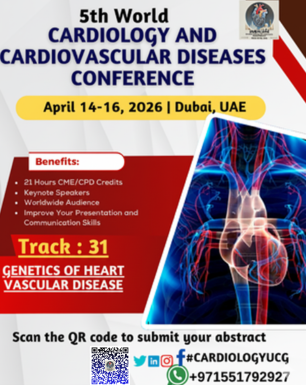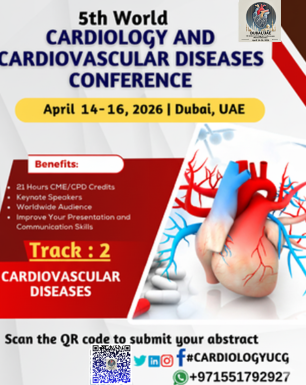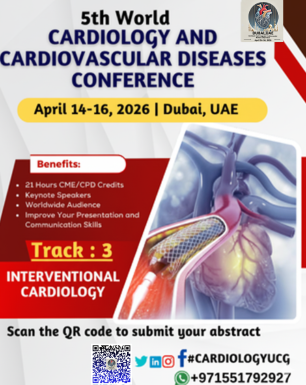



Sub Topics: Coronary Artery Disease, ...


Introduction to Genetics of Heart Vascular Disease
Heart vascular diseases (HVD), including conditions such as coronary artery disease, heart failure, and stroke, are some of the leading causes of death worldwide. These diseases often result from a combination of genetic, environmental, and lifestyle factors. While risk factors such as diet, physical activity, and smoking are well-established, genetic predisposition plays a significant role in an individual's susceptibility to these diseases.
The genetics of heart vascular disease is complex, involving multiple genes and their interactions with environmental factors. Over recent decades, advances in genomic technologies have greatly enhanced our understanding of the genetic underpinnings of cardiovascular diseases. These advancements have paved the way for identifying genetic markers that may help predict an individual's risk of developing heart vascular diseases, and have also contributed to new therapeutic targets.
Keynote Points on Genetics of Heart Vascular Disease
Genetic Predisposition and Risk Factors:
Family history is a significant factor in the risk of developing heart vascular diseases. Individuals with close relatives who have cardiovascular conditions are at an increased risk.
Several common genetic variations have been identified that contribute to an increased susceptibility to conditions such as atherosclerosis and hypertension, which are major risk factors for heart disease.
Genetic Variants Associated with Heart Vascular Diseases:
Single Nucleotide Polymorphisms (SNPs): These are the most common type of genetic variation and have been implicated in several heart diseases. For example, variations in the LDLR gene, which encodes the low-density lipoprotein receptor, are linked to familial hypercholesterolemia, a genetic disorder that leads to high cholesterol levels and early cardiovascular events.
Polygenic Risk Scores (PRS): Researchers have developed polygenic risk scores that combine information from multiple genetic variants to predict an individual's risk for heart disease.
Gene-Environment Interactions:
Genetics alone do not determine whether an individual will develop cardiovascular disease; environmental factors such as diet, exercise, and smoking play a critical role.
For example, genetic predisposition to high blood pressure may be exacerbated by a high-salt diet or lack of physical activity.
Mendelian Inheritance and Rare Genetic Disorders:
Some genetic conditions, such as familial hypercholesterolemia and Marfan syndrome, follow Mendelian inheritance patterns and lead to specific cardiovascular manifestations.
These rare genetic conditions often present with severe cardiovascular consequences at an early age and provide insights into the mechanisms of more common heart diseases.
The Role of Epigenetics:
Epigenetic factors, which involve changes in gene expression without altering the underlying DNA sequence, also play a role in the development of cardiovascular diseases.
Environmental factors such as diet, stress, and pollutants can influence epigenetic modifications that impact cardiovascular health.
Advancements in Genetic Testing and Precision Medicine:
Genetic testing has become a crucial tool for identifying individuals at high risk for heart vascular diseases.
Precision medicine, which tailors treatment based on an individual's genetic makeup, holds great promise for the management of cardiovascular diseases, allowing for personalized prevention and therapy.
Future Directions:
Ongoing research is focused on understanding how genetic mutations lead to the development of heart vascular diseases at a molecular level.
Advances in gene editing technologies, like CRISPR, hold potential for correcting genetic defects that contribute to heart disease, offering hope for future therapeutic strategies.